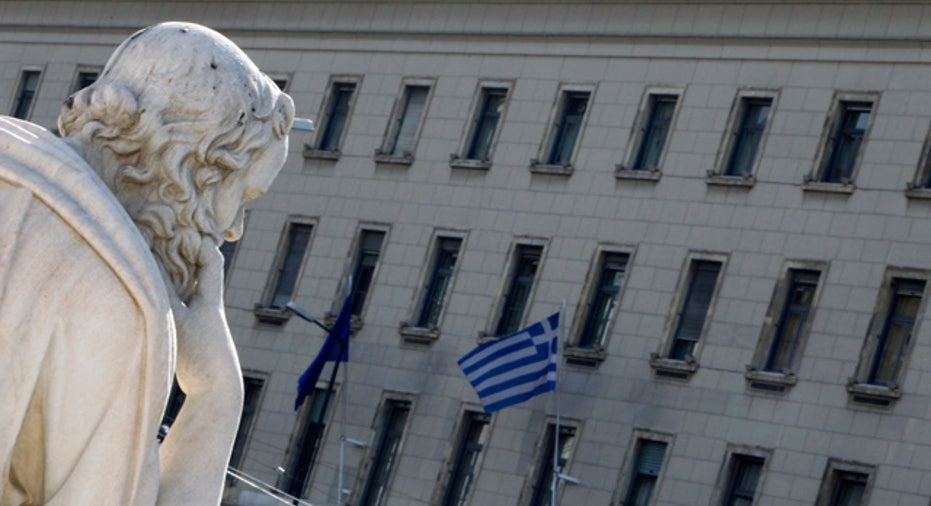Greece To End Its Bond Market Exile On Thursday- Sources

Bailed-out Greece is set to end its four-year exile from bond markets on Thursday with a five-year issue, three sources said on Thursday.
Greece, which has been bailed out twice by the European Union and the International Monetary Fund since 2010, aims to raise up to 2.5 billion euros, expects strong interest from investors and is optimistic it will succeed, one government official told Reuters on condition of anonymity.
"We aim to raise up to 2.5 billion euros on Thursday," the official said. "It will be a great success if the coupon is below 5.3 percent," the official added.
The issue is an important milestone for one of Europe's most troubled economies. The last time it sold bonds, as opposed to very short-term paper, was back in March 2010.
Greece has been since kept afloat by about 220 billion euros of EU/IMF bailout funds and about 15 billion euros of treasury bills. Thursday's issue would lower the country's average borrowing cost, the Greek finance ministry official said.
In a dramatic turnaround, existing Greek 10-year bond yields have fallen rapidly to about 6 percent in recent weeks, down from about 40 percent two years ago when the country imposed severe losses on private bondholders in a 130 billion euro debt restructuring.
Greece has no pressing funding needs but wants to test the waters for more and bigger bond sales in the future, as part of its strategy to cover all its funding needs from the market by 2016.
On Tuesday, foreign investors snapped up about 80 percent of a 1.3 billion euro six-month T-bill issue.
Greece is rated nine notches below investment grade at Caa3 by Moody's. Standard and Poor's and Fitch rank Greece six notches below investment grade at B-.
Greek bond yields got a boost after it struck a deal with its creditors last month to obtain further rescue loans. Economic data released on Thursday also add to evidence that its economy is bottoming out after six years of recession that wiped out almost a quarter of its gross domestic product.
Industrial production rose in February at an annual pace of 1.7 percent, the first time the reading rose for a third consecutive month since the end of 2007.
PPC, the country's biggest power producer is set to become later this month its first state-controlled company to issue a bond since the debt crisis erupted.
Public anger still remains about the economic pain in Greece.
Labour unions staged a nationwide strike on Wednesday to protest against austerity policies imposed on the country by its foreign creditors, including Germany, whose Chancellor Angela Merkel will visit Athens this week.



















